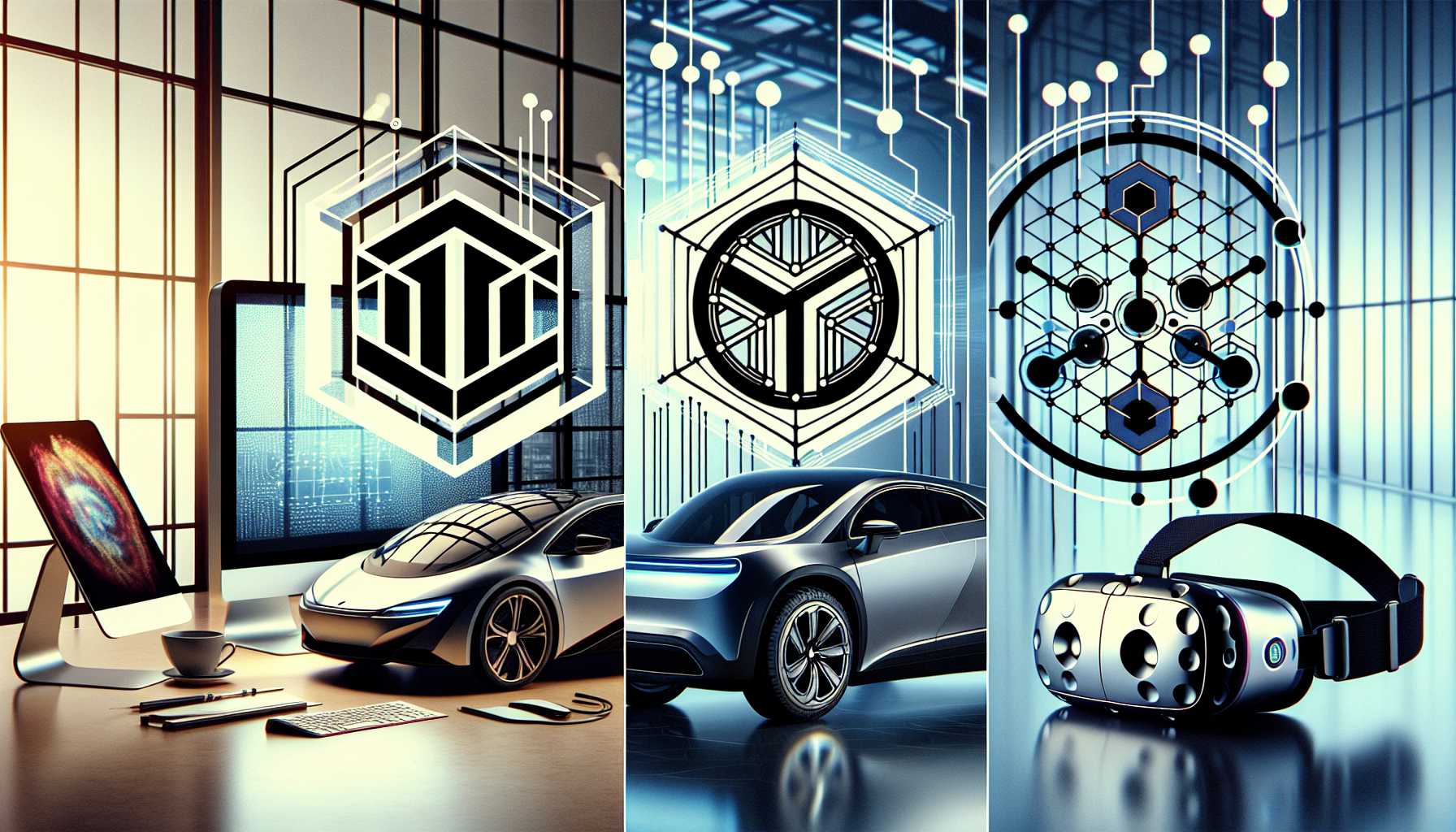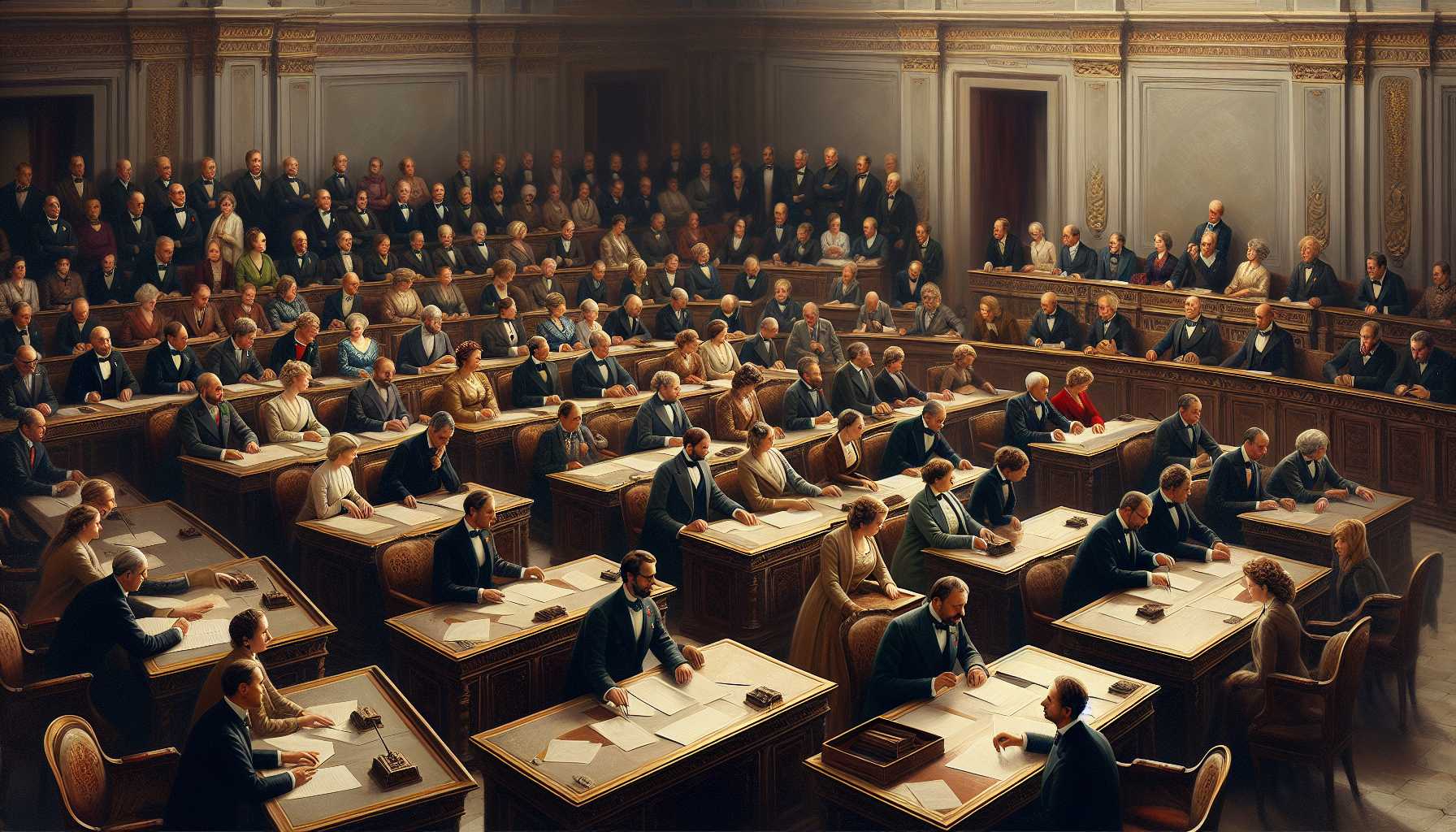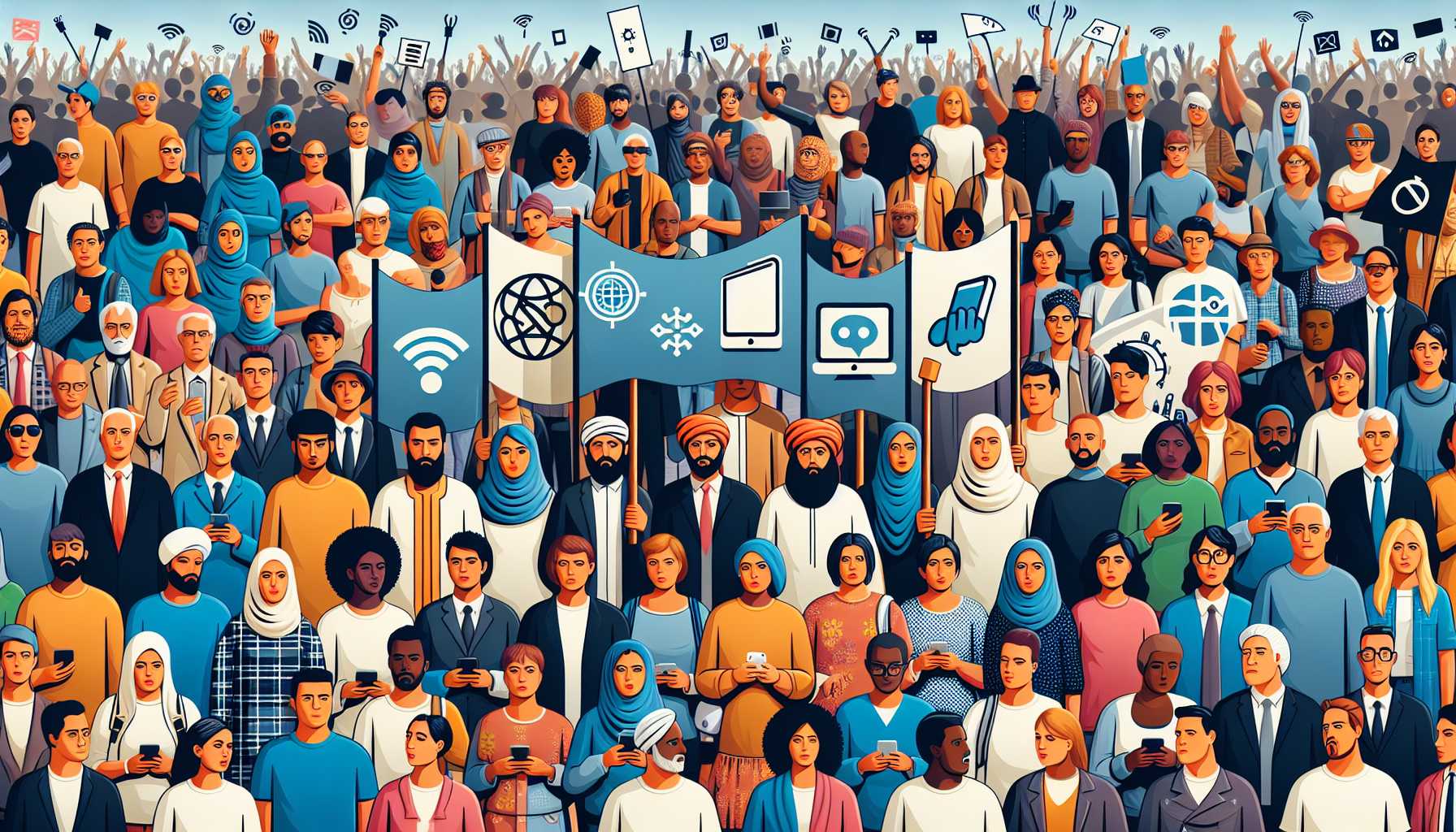TikTok in Tumult: The Latest on the Looming Ban
The digital world is currently perched on the precipice of potentially seismic changes, with TikTok—a behemoth in the playground of social media—under scrutiny that could alter its operational landscape drastically in the United States. President Joe Biden has rocked the digital sphere by signing a decisive bill that could ban TikTok in the U.S. if its Chinese parent company, ByteDance, fails to divest within a year. It’s a storyline dotted with political tension, digital rights debates, and the future of online expression—and it’s got everyone from Silicon Valley to K Street buzzing.
Unpacking the Procedural Pathway to Prohibition
Seventy-nine U.S. senators, a notable bipartisan majority, cast their votes like stones into the waters of the TikTok debate, passing the Senate and stirring ripples that could transform into a tsunami of change for the 170 million American users. The narrative isn’t just political posturing or an isolated legislative act; it’s a chapter that intertwines foreign aid and social media policies, as the bill was bundled with aid for nations like Israel, Ukraine, and Taiwan. Changes to the initial TikTok ban timeline have been introduced, offering ByteDance a marginally more generous nine months—extendable to a year—to dissociate from TikTok, shifting stakes and timelines for all parties embroiled in this international tech tango.
ByteDance’s Countermove: Legal Labyrinths and Free Speech Fights
As tech enthusiasts and professionals, we thrive on disruption and innovation, yet here we are, facing a dystopian view where the very platforms that catalysed such dynamics are under threat. TikTok isn’t planning on going gentle into that good night. With an internal memo leak revealing TikTok’s intention to challenge this ban in court, the undercurrent of dissent is palpable. Their argument? A violation of the First Amendment rights of the millions of Americans who regularly engage with the platform for entertainment, connection, and yes—employment. With nearly 7,000 U.S. jobs tied to TikTok as of early last year, the stakes stretch beyond mere social networking.
Ripple Effects: The Broader Implications on Free Speech and the Tech Landscape
Pinpoint the intersection where technology meets civil liberties, and you’ll find this issue simmering there. U.S. lawmakers frame the ban as a shield against espionage, while contrarians point out the absence of concrete evidence for such allegations. This isn’t merely about protection; it’s about perception, digital sovereignty, and the boundaries of government intervention in the sandbox of social media. Political pundits speculate, with concern-laden voices, about future implications—could this set a precedent for a broader silencing across platforms?
Fertile Ground for Speculation: TikTok’s Potential Buyers
Even as the bill ferries itself to the President’s desk, the tech industry’s rumor mill churns with speculation. Who would—and could—buy TikTok? Amid anti-trust murmurs and the ever-growing apprehension of expanding Big Tech’s reach, this potential transaction rests on shaky, uncharted grounds. Perhaps a coalition of investors, as hinted at by former Treasury Secretary Steve Mnuchin, might emerge from the wings, but it’s a waiting game that has Silicon Valley and Wall Street alike gripped with anticipation, and perhaps, a touch of anxiety.
Social Media Evolution: The AI Frontier
Even as the TikTok saga unfolds, technological evolution doesn’t pause for political theater. Microsoft has unveiled the Phi-3 Mini, an AI model that adds a new dimension to local-device intelligence sans the towering costs—promisingly on par with heftier counterparts. Meanwhile, Tesla teases ride-hailing endeavours, and Meta adds multimodal AI capacities to its smart glasses, hammering home the message that innovation waits for no ban, no bill, no bureaucracy. Every tick of the clock ushers us closer to the culmination of TikTok’s tenuous situation as the sands of the tech world continue to shift. What remains crystal clear, however, is that the interplay between technology, politics, and personal rights is a nexus that will continue to captivate, catalyze, and challenge us for the foreseeable future.






